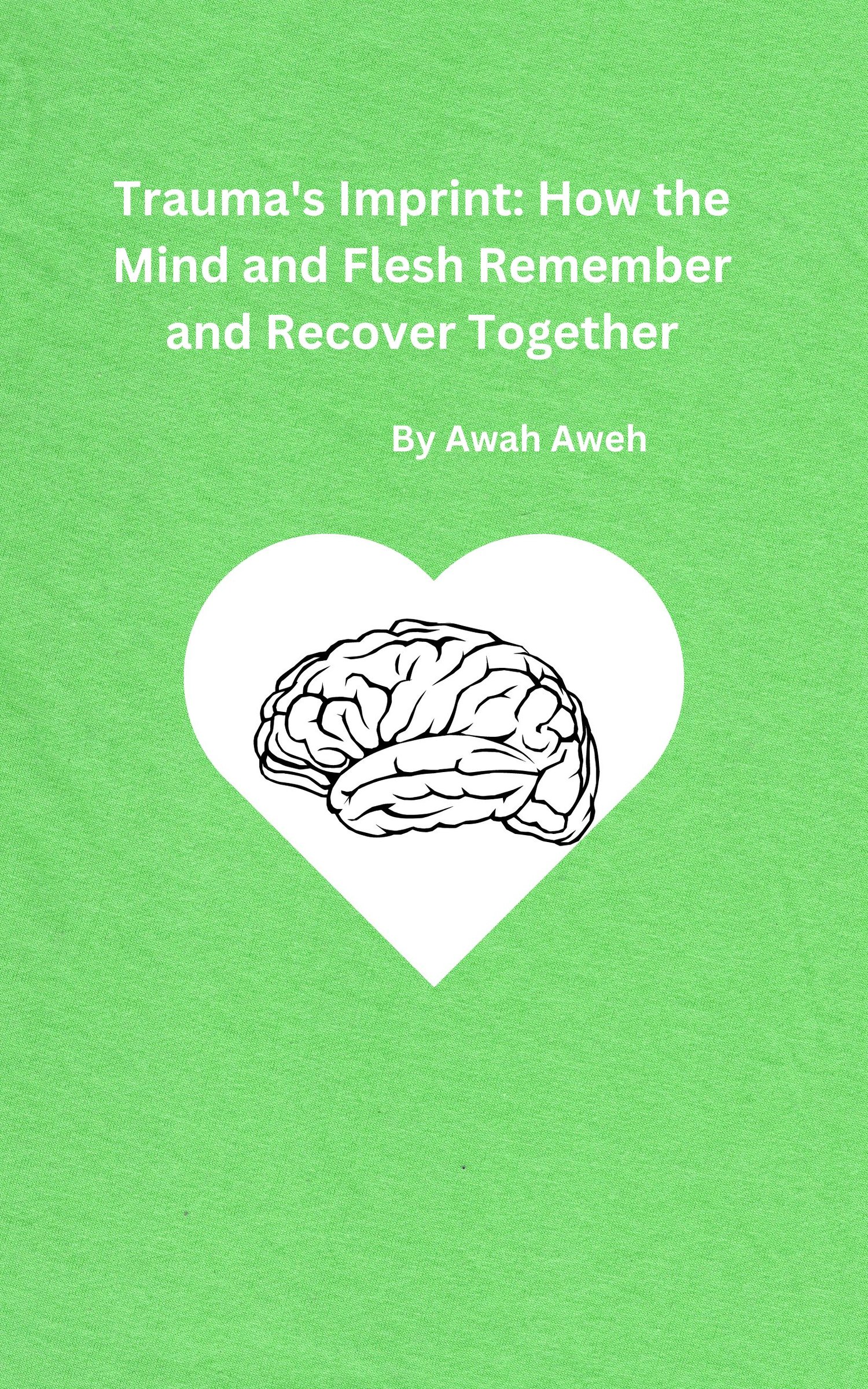Looking to cultivate inner peace, resilience, and healing after experiencing trauma? Mindfulness practices could be your guiding light on this journey. In this blog post, we'll explore how you can seamlessly weave mindfulness into your daily routine to support your mental health and aid in your recovery process.
Recovering from trauma can be a challenging and delicate process, but incorporating mindfulness practices into your daily routine can provide a source of solace and strength. Mindfulness involves being fully present in the moment, without judgment, and can help you navigate through difficult emotions, promote self-awareness, and foster a sense of calm amidst life's storms.
Benefits of Mindfulness for Mental Health and Trauma Recovery:
1. Stress Reduction: Mindfulness practices such as deep breathing and body scans can help reduce stress levels by calming the nervous system and promoting relaxation. This can be particularly beneficial for individuals recovering from trauma who may experience heightened anxiety and tension.
2. Emotional Regulation: By practicing mindfulness, you can develop a greater awareness of your emotions and learn to observe them without getting overwhelmed. This can empower you to respond to challenging situations with clarity and composure, rather than reacting impulsively.
3. Healing from Trauma: Mindfulness has been shown to be an effective tool in processing and healing from trauma. By gently acknowledging and accepting difficult thoughts and feelings as they arise, you can gradually work through past wounds and cultivate a sense of inner peace and wholeness.
4. Improved Mental Well-Being: Regular mindfulness practice has been linked to improved mental well-being, including reduced symptoms of depression and anxiety. By prioritizing mindfulness in your daily routine, you can enhance your overall psychological resilience and well-being.
How to Incorporate Mindfulness into Your Daily Routine:
1. Start Small: Begin by setting aside just a few minutes each day for mindfulness practice. You can gradually increase the duration as you become more comfortable with the practice.
2. Choose Your Practice: Explore different mindfulness techniques such as meditation, deep breathing exercises, body scans, or mindful walking. Find what resonates with you and feels most calming and grounding.
3. Create Rituals: Integrate mindfulness into your daily routine by establishing rituals, such as practicing mindfulness upon waking up, before meals, or before bedtime. Consistency is key in reaping the benefits of mindfulness.
4. Stay Present: When engaging in mindfulness practices, focus on being fully present in the moment. Notice your thoughts, emotions, and sensations without judgment, and gently guide your awareness back to the present whenever your mind wanders.
Incorporating mindfulness practices into your daily routine can be a transformative journey towards healing, self-discovery, and mental well-being. By embracing mindfulness, you can nurture your inner resilience, cultivate a sense of peace, and support your recovery from trauma with compassion and grace. So why wait? Start your mindfulness journey today and unlock the healing power that lies within you.
This great ebook will help more. Click here to check it.



Comments ()